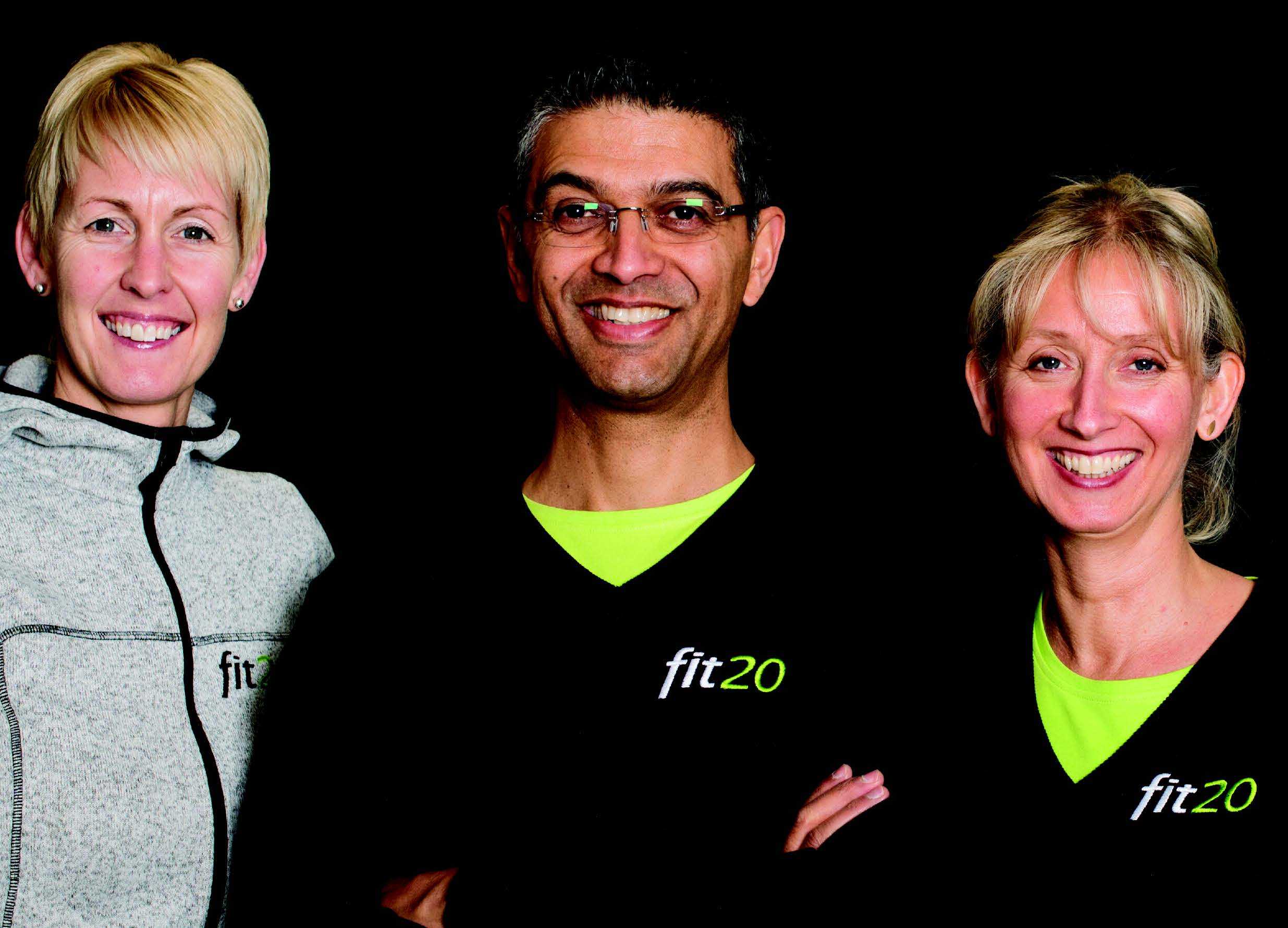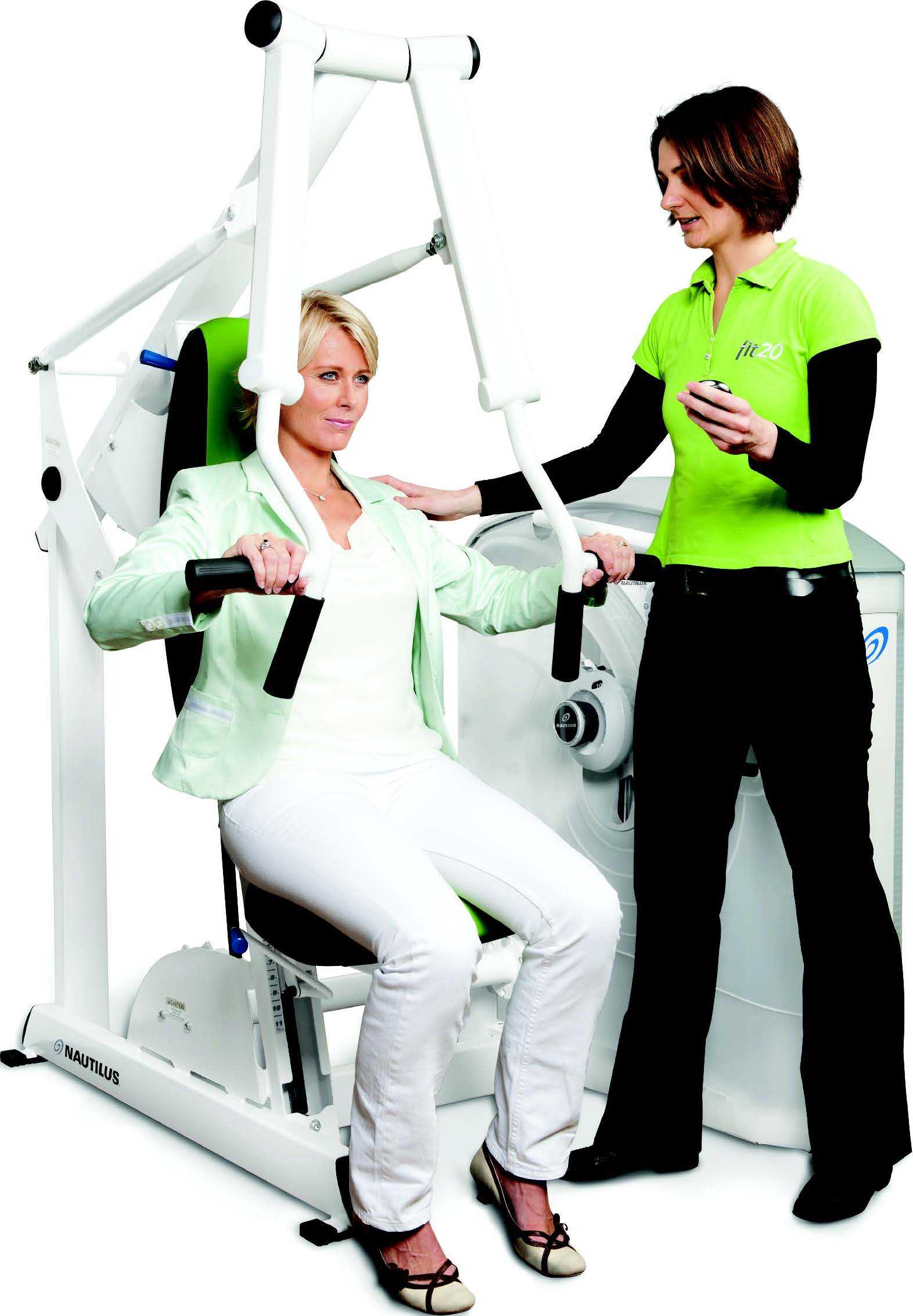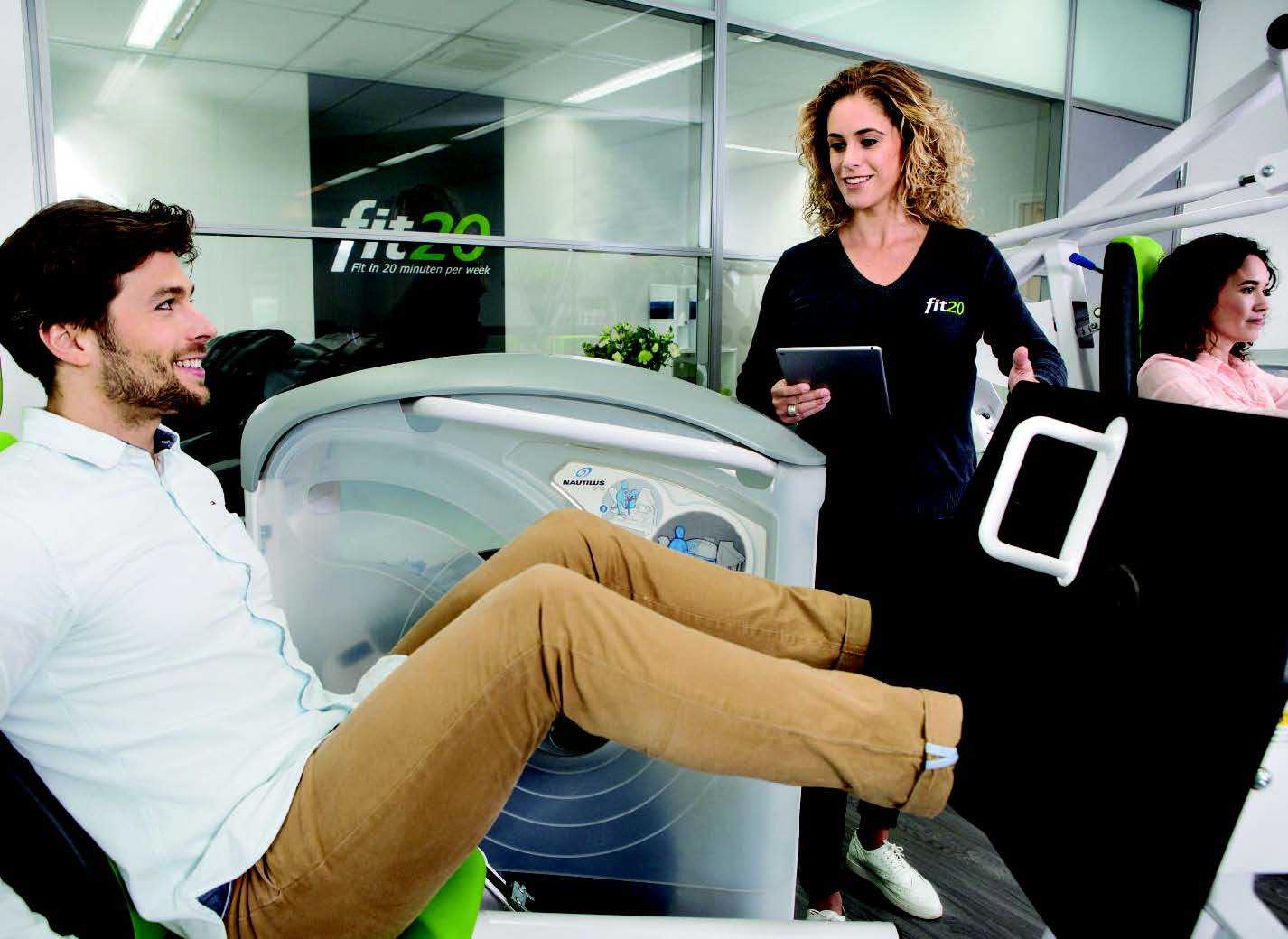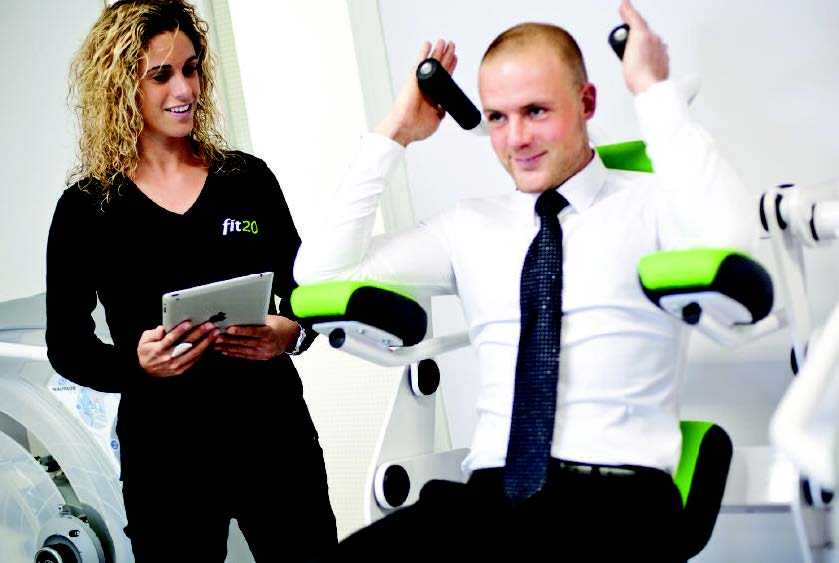
Today, the fit20 franchise has grown to 130 studios in six countries: the Netherlands, Belgium, UK, US, Qatar and New Zealand. The brand also has corporate studios with a number of multinationals such as Siemens and Randstad.
It's origins lie with Dutchman Walter Vendel who first came across high intensity resistance training in 2005 in New York. With an average price of $125 per session, he doubted the training concept would work in his native Netherlands.
He therefore decided to adapt and refine the concept back at his own studio and in 2009 the first fit20 franchise studio opened in Zwolle, the Netherlands.
What is Fit20?
Fit20 is a personal training studio. Clients are trained according to the high intensity resistance training method, by appointment, with a personal trainer.
"Using Nautilus equipment that uses concentric and eccentric loading, clients train in slow motion recruiting all four different types of muscle fibre", explains Niri Patel, managing director of fit20 UK.
The five major muscle groups are trained in five to six exercises focusing on arms, legs, chest, back and stomach. Their results are tracked via an App so clients can monitor their progress.
“The fit20 method brings client in a safe and guided way to the point where there is no energy and strength left in the muscle i.e. muscle failure. The body adapts to meet the demands it can’t meet, which causes the muscles to become stronger and its reflexes faster, but it also generates a host of other effects that strengthen and regenerate the whole system, including the cardiovascular system and blood glucose metabolism” Patel says.
Such is the effectiveness of the training that clients only need one 20 minute session a week to reap the benefits.
Indeed, fit20 regularly consults with Dr James Steele, associate professor of sports and exercise science at Southampton Solent University, and principal investigator at ukactive's Research Institute, as part of his ongoing research into the benefits of high intensity resistance training.
Concentration and performance
The studios are approximately 80sq m in size and are typically located in business parks. Designed to be calm and inviting training spaces, fit20 studios are notable for the absence of loud music, mirrors, crowded rooms and noisy cafes.
These are places dedicated to focus and concentration. The idea is that if clients are training effectively, they’ll have no energy to talk. Instead, working with personal trainers, clients focus each of their 20 minute session training to maximum effect, without any distractions.



The studios are kept cool at 17° C, so that clients don’t break into a sweat rendering showering unnecessary. In fact, clients don’t even have to get changed for their workouts.
It may be for this reason that the studios are proving popular among those turned off by traditional gyms.
“Everyone can train at a fit20 studio; all ages and all levels of fitness, because everyone benefits from high intensity resistance training. But we often train those who feel uncomfortable in a standard gym, find it hard to find the time or discipline to train in a gym” says Patel
Trained staff
Each site typically supports 120 to 300 members, while employing one to six members of staff, usually on a part-time basis. All staff undergo an eight week training programme at the fit20 Academy before embarking on any personal training.
Affordability
Sessions cost £20-25 per week
“Sometimes people say they find fit20 expensive. They compare it to standard gym prices. fit20, however, is a personal training studio, and compared to average personal training prices fit20 is not expensive. Compared to gyms, which have many people paying for membership they don’t use, fit20 doesn’t have any sleeping members. When someone doesn’t show up for their training appointment, which rarely happens, we will call them to reschedule and this accountability ensures participation,” says Patel.
UK expansion
The first fit20 launched in the UK last year in Stocksbridge, Sheffield. It was followed by sites in Leeds and Norwich, with two more studios due to open in Plymouth and Exeter this September.
fit20 is attracting franchisees from a wide range of backgrounds, but rarely from the fitness sector.
“Our franchisees are either professionals who find themselves at a crossroads in life and are taking the opportunity to run their own business while they still can, or are young, ambitious people who are attracted by the fit20 formula and want to earn a good income while changing people’s lives for the better,” says Patel.
Patel ran a wellbeing consultancy business in the 1990s and has been involved in franchising since 1999. In 2004, he launched BNI (a business referral generation group) in India, which today is a top performing territory for BNI. Patel exited BNI India in 2012.
“After I left BNI India, a Dutch friend suggested I look into fit20 because it was growing like crazy in Holland and would be perfect for busy people and those who dislike gyms in the UK. He felt that given my interest and expertise in wellness, coupled with my track record in franchising, I was the ideal candidate to take fit20 to market in the UK,” says Patel.
The future
Patel says “There is immense potential for fit20 in the UK, particularly in London and the South East. Our Big Hairy Audacious Goal is to train one million people every week worldwide by the end of 2026. We are a mission driven company, so there’s a lot of work to be done, but we’re confident we can get there.”